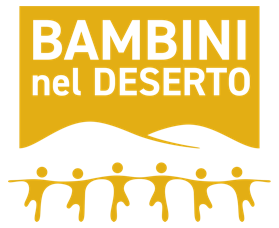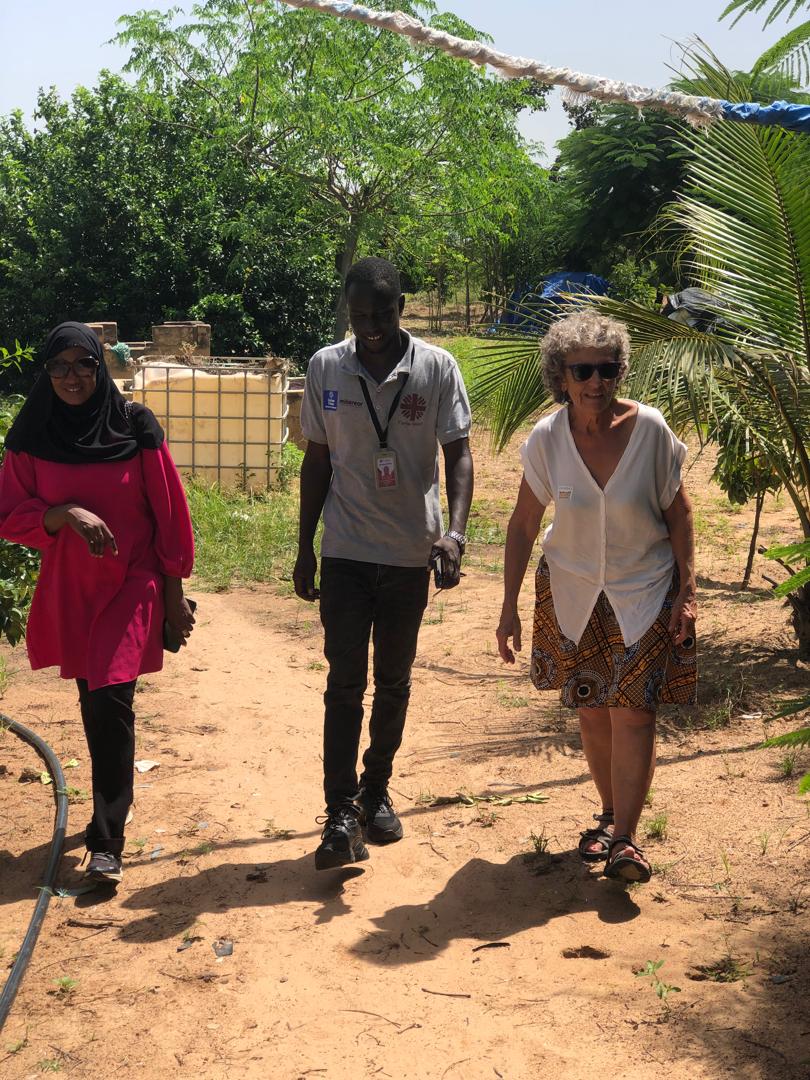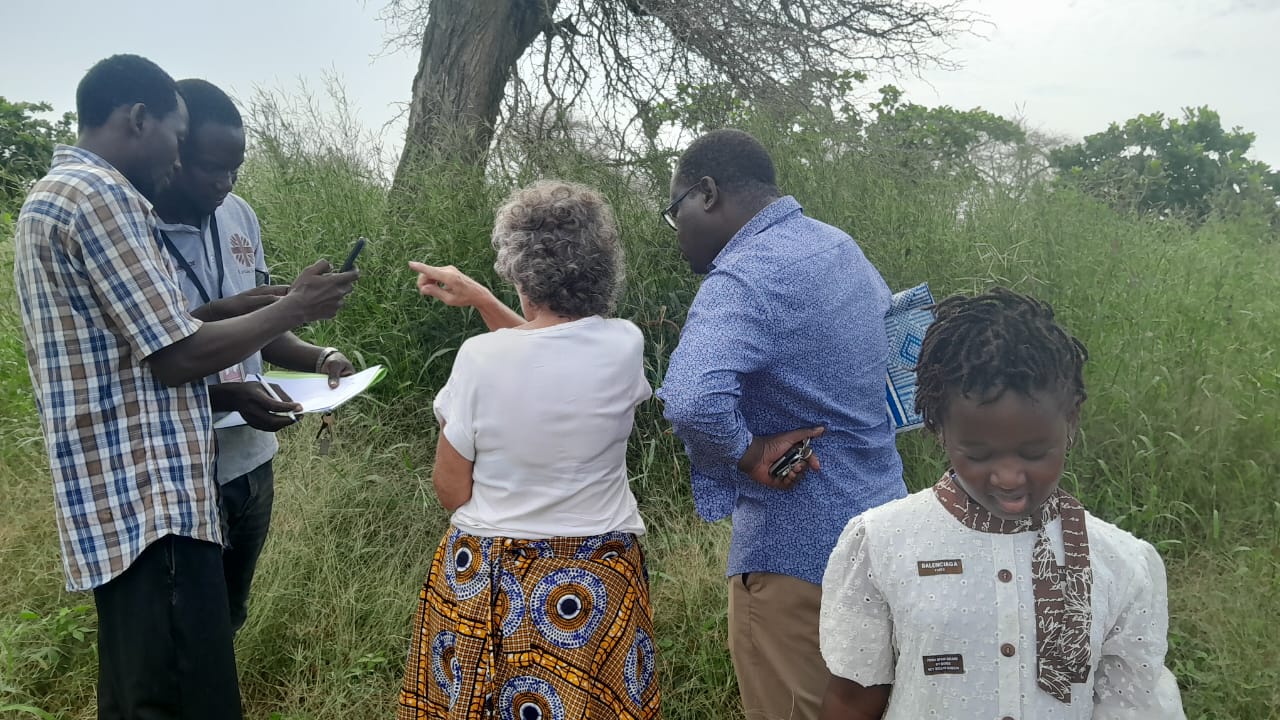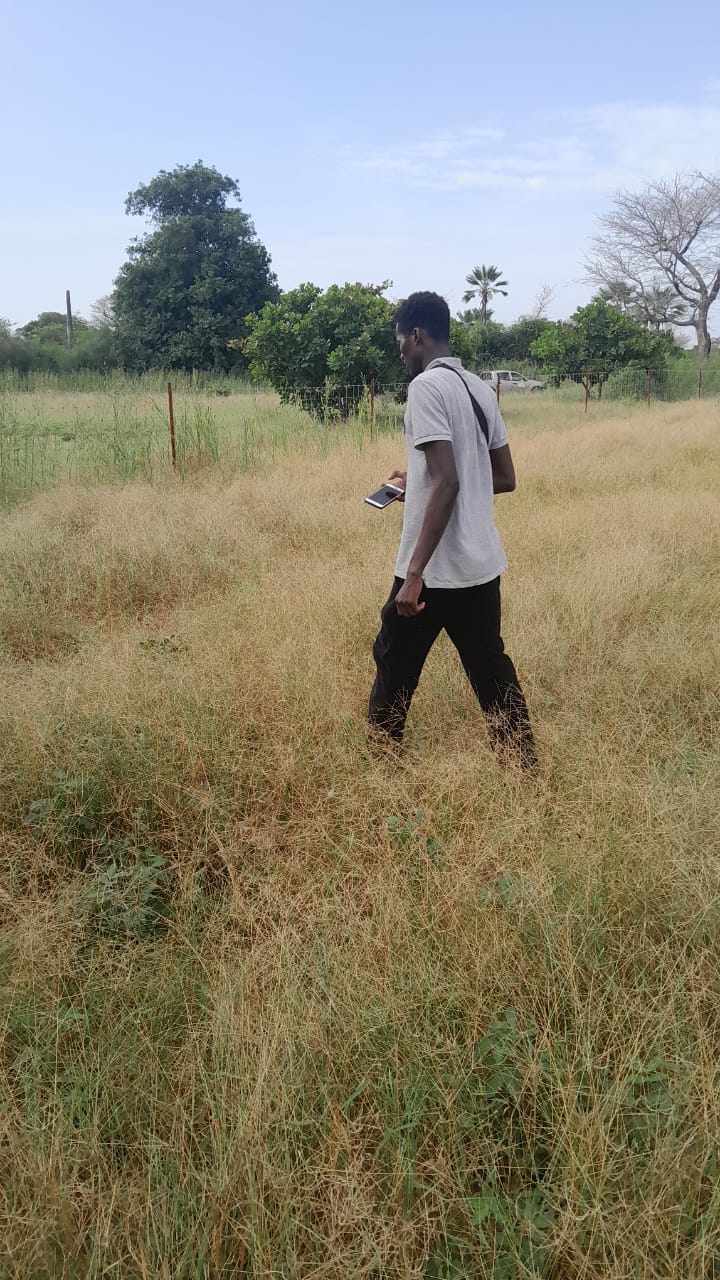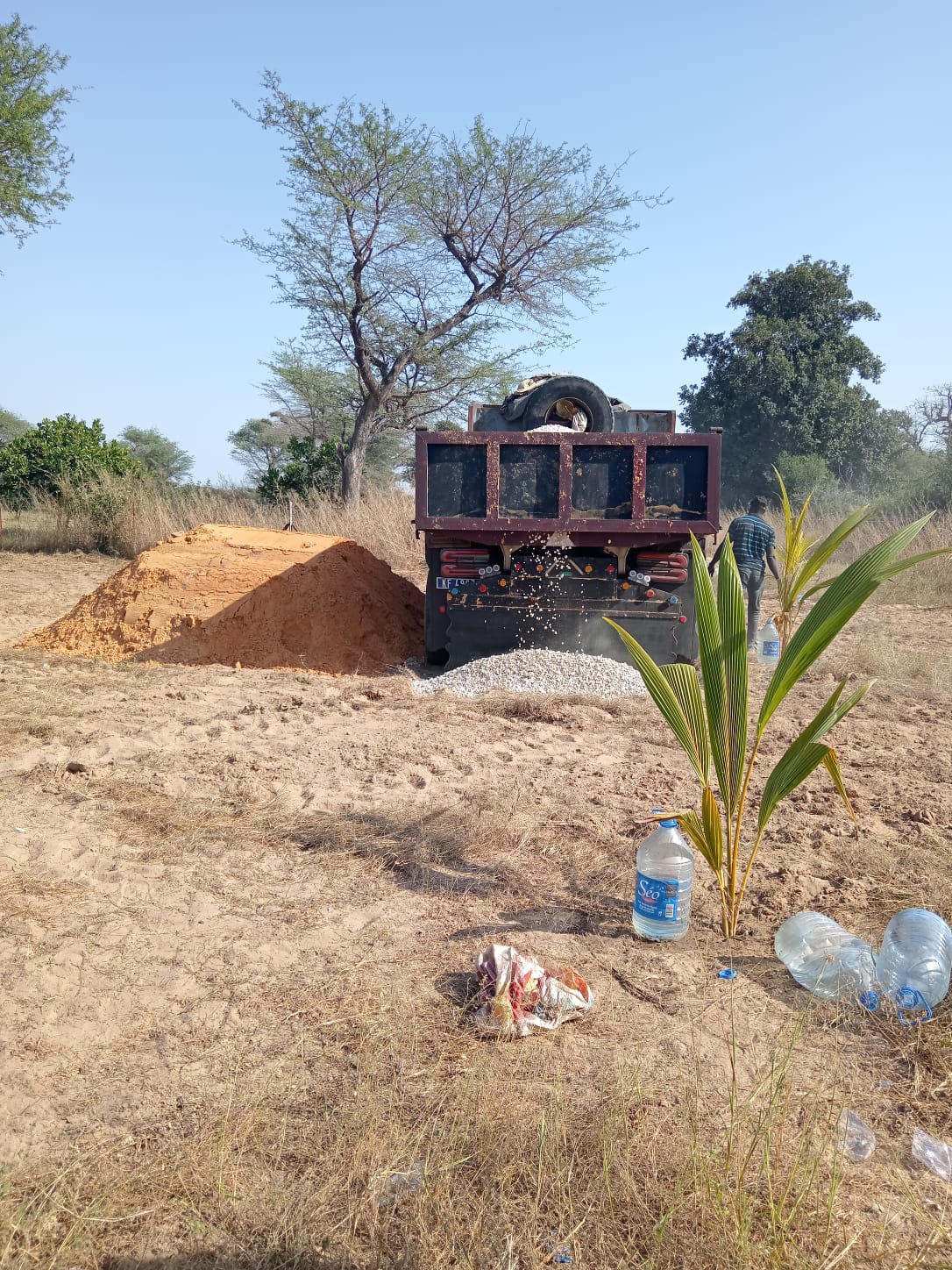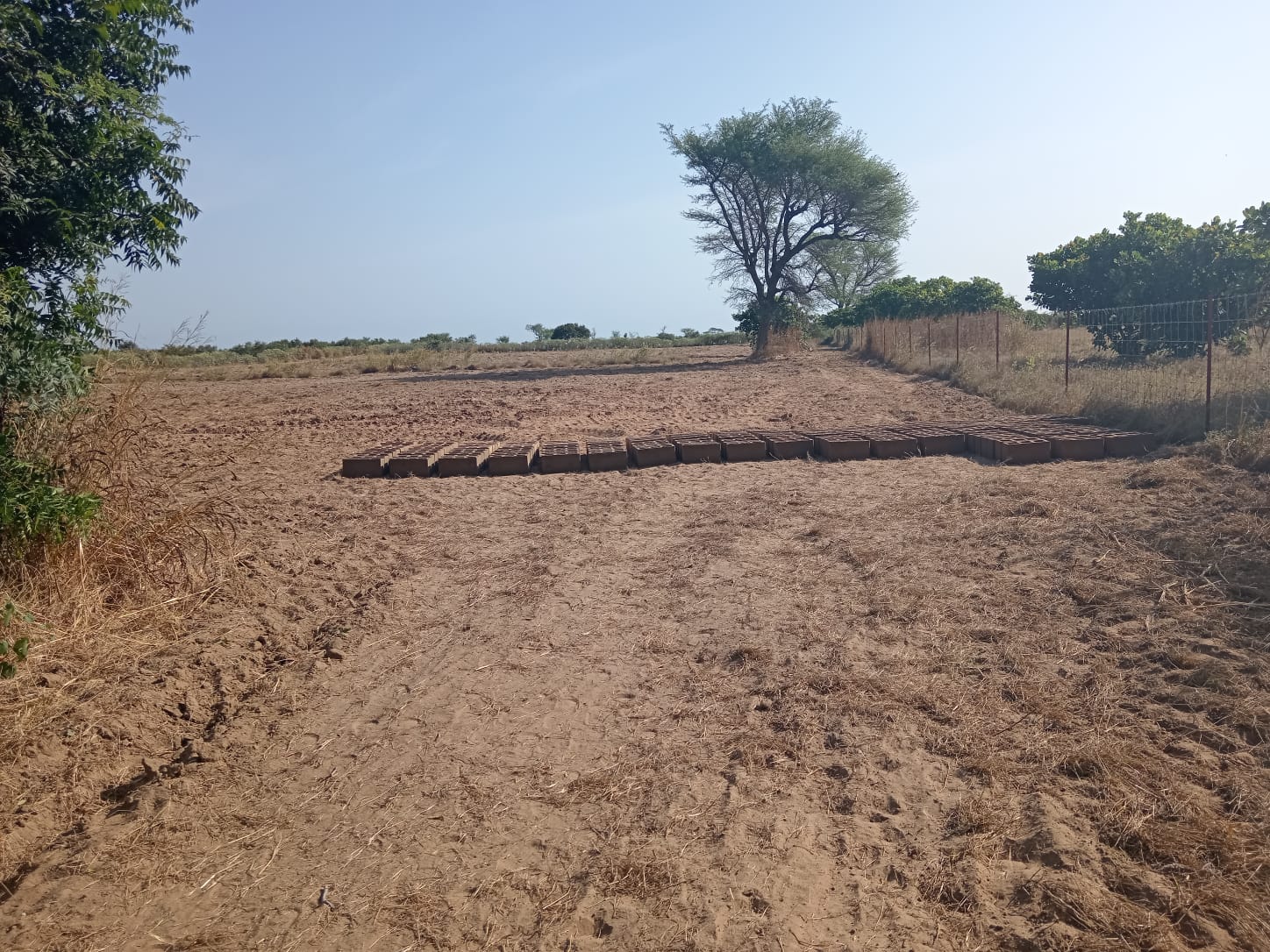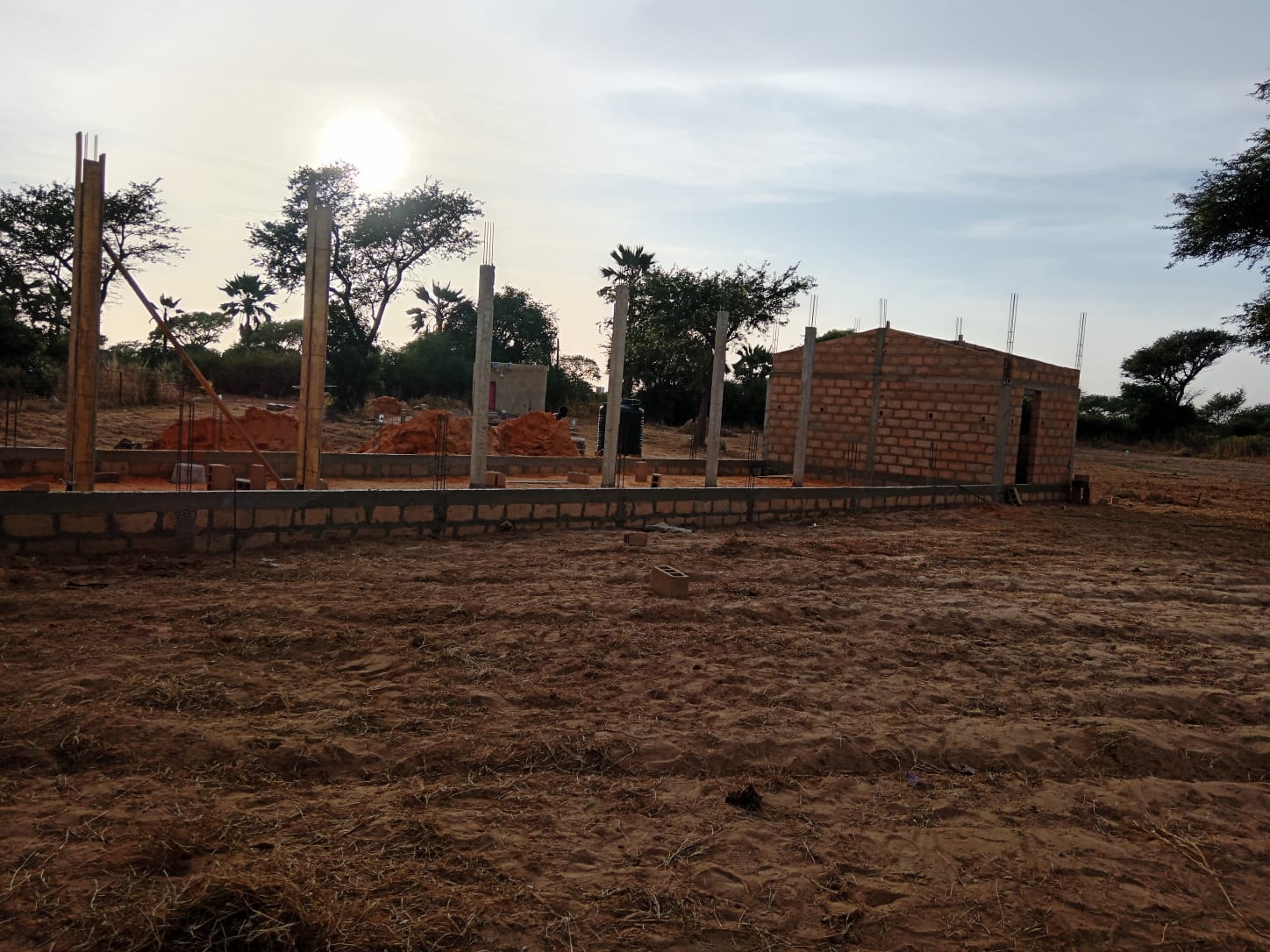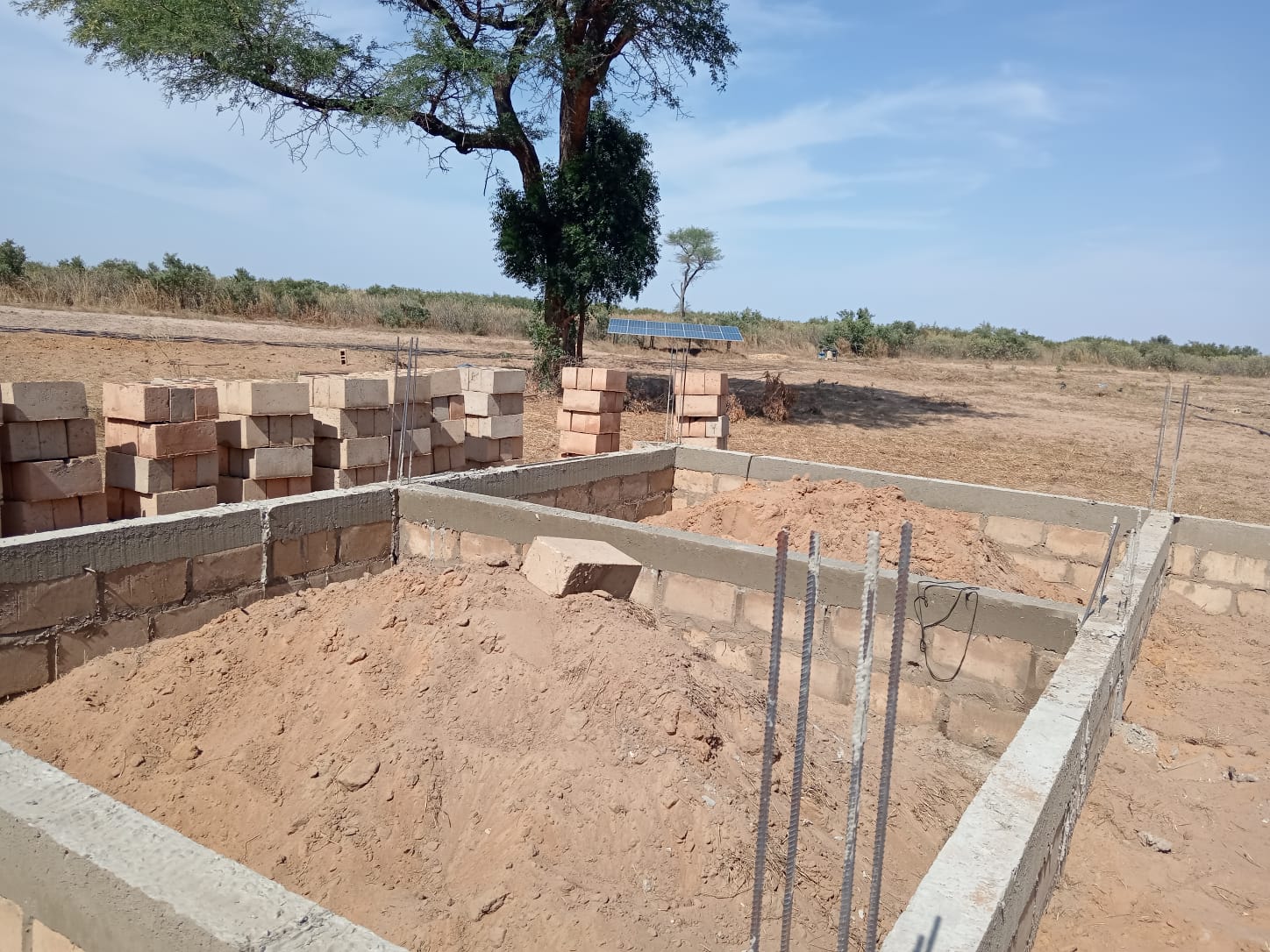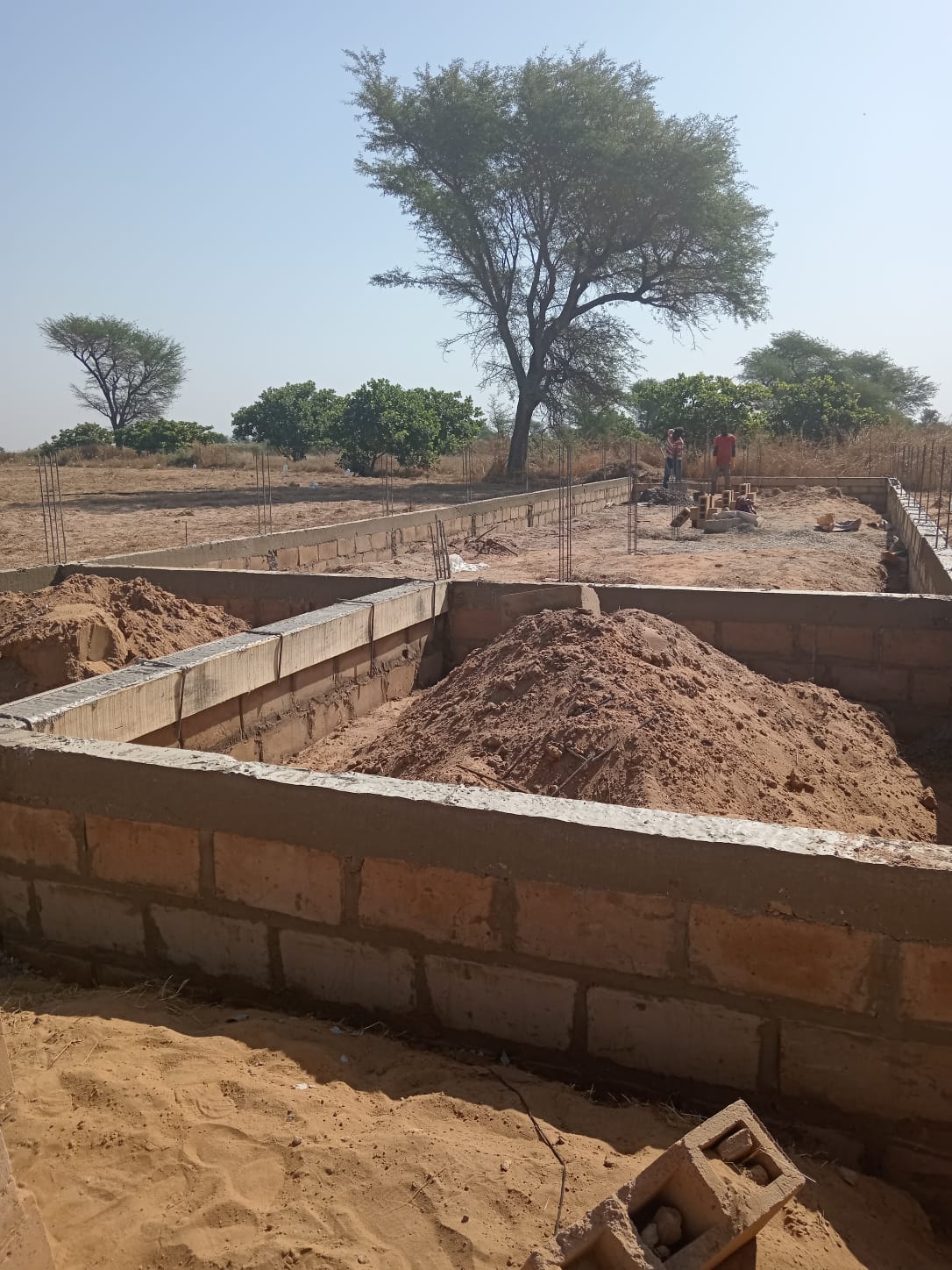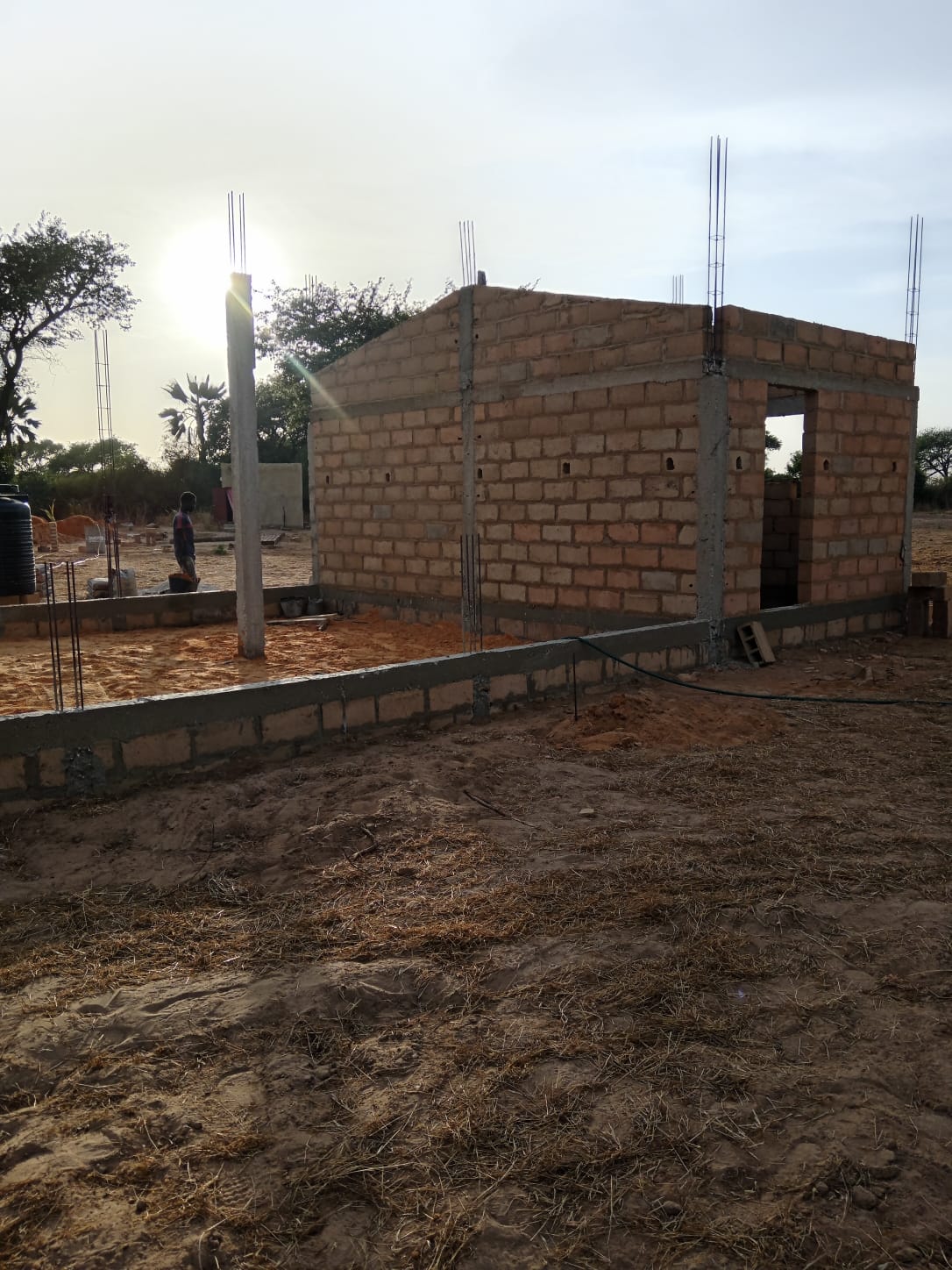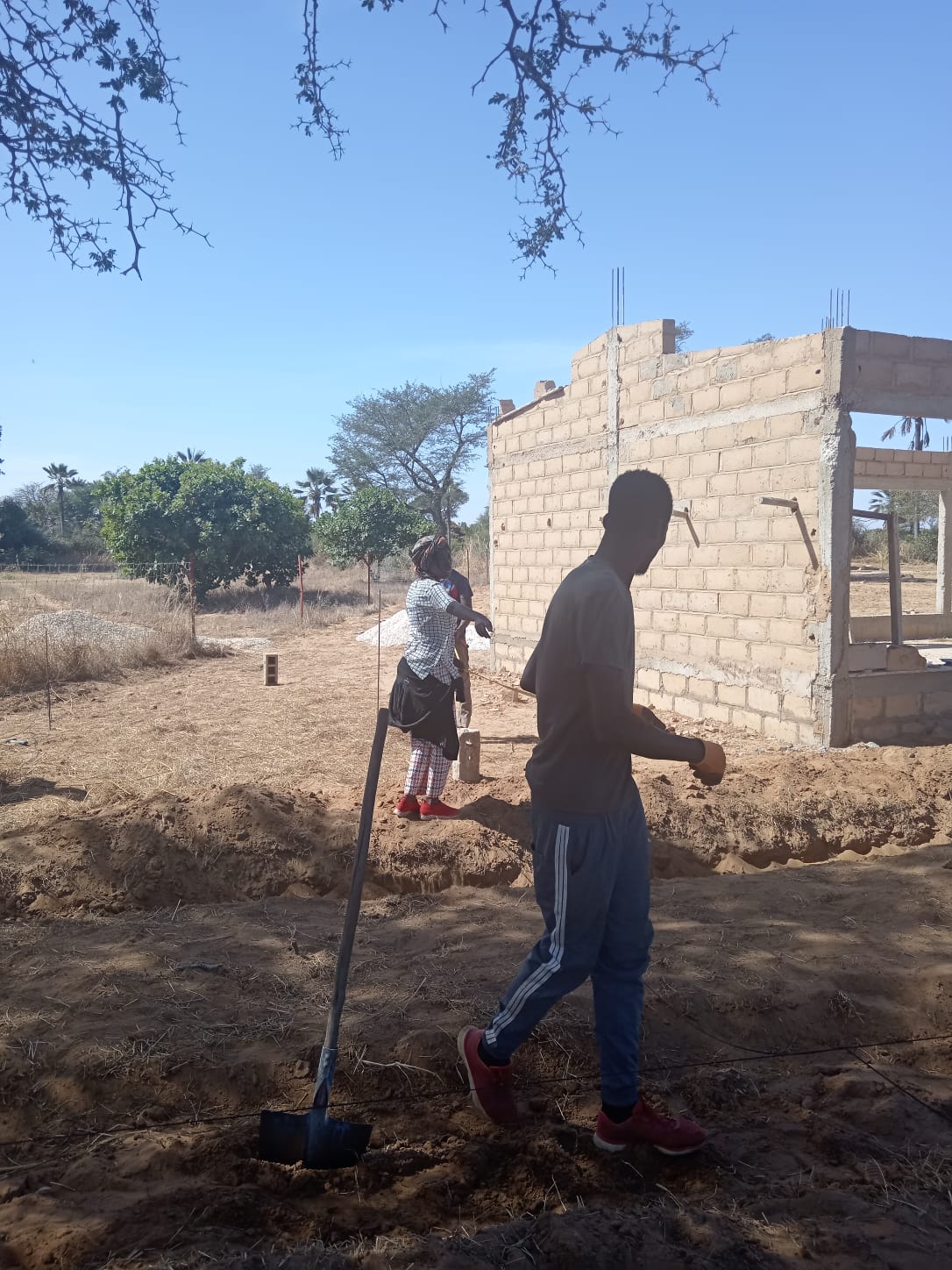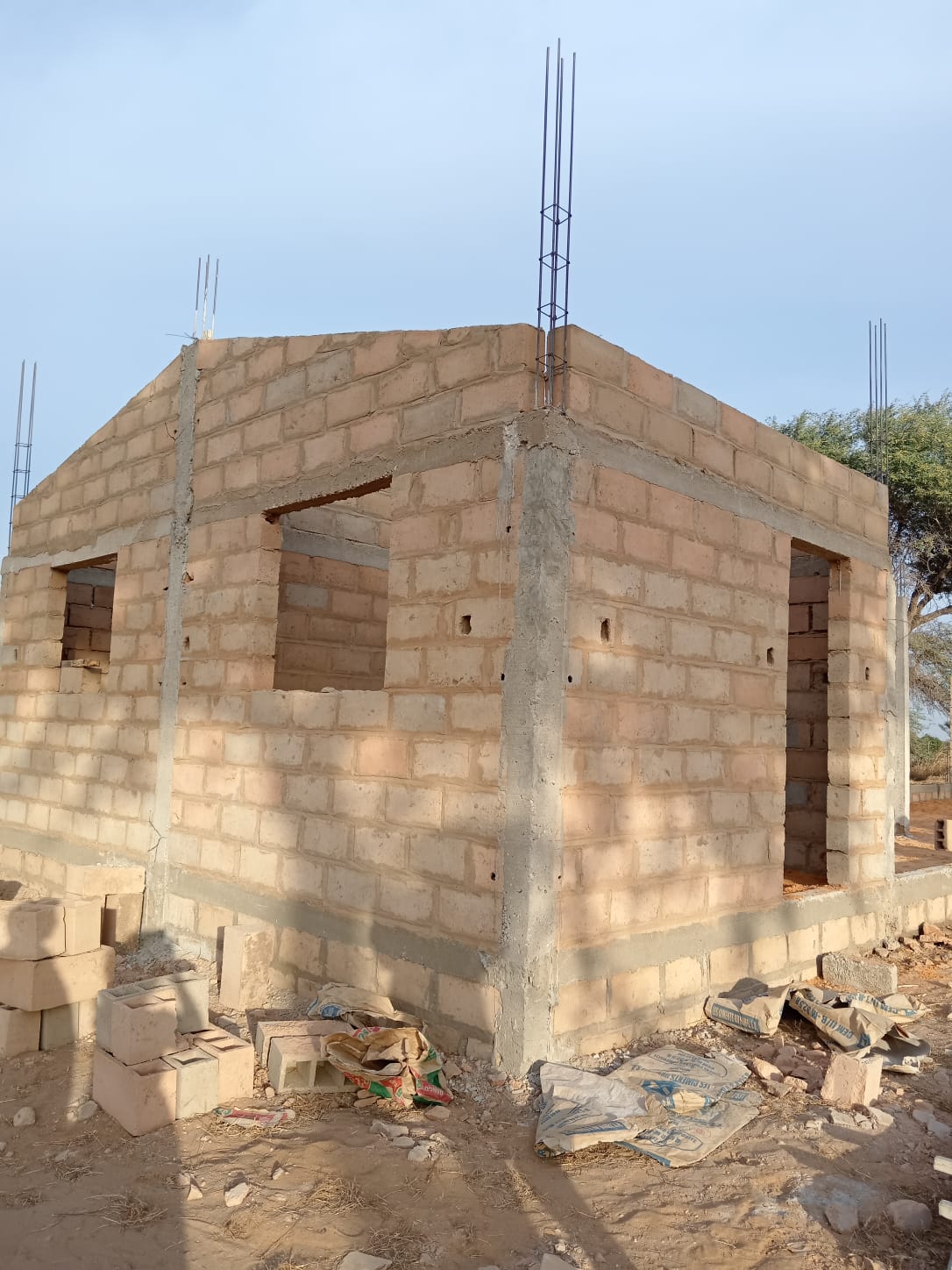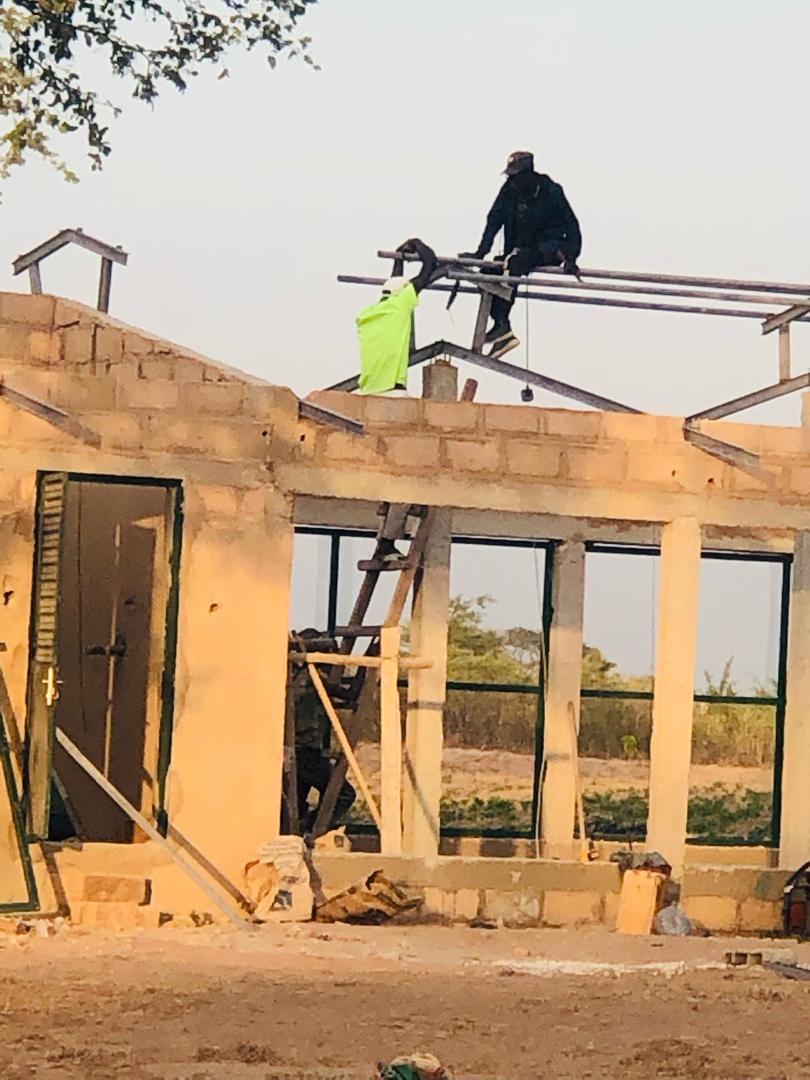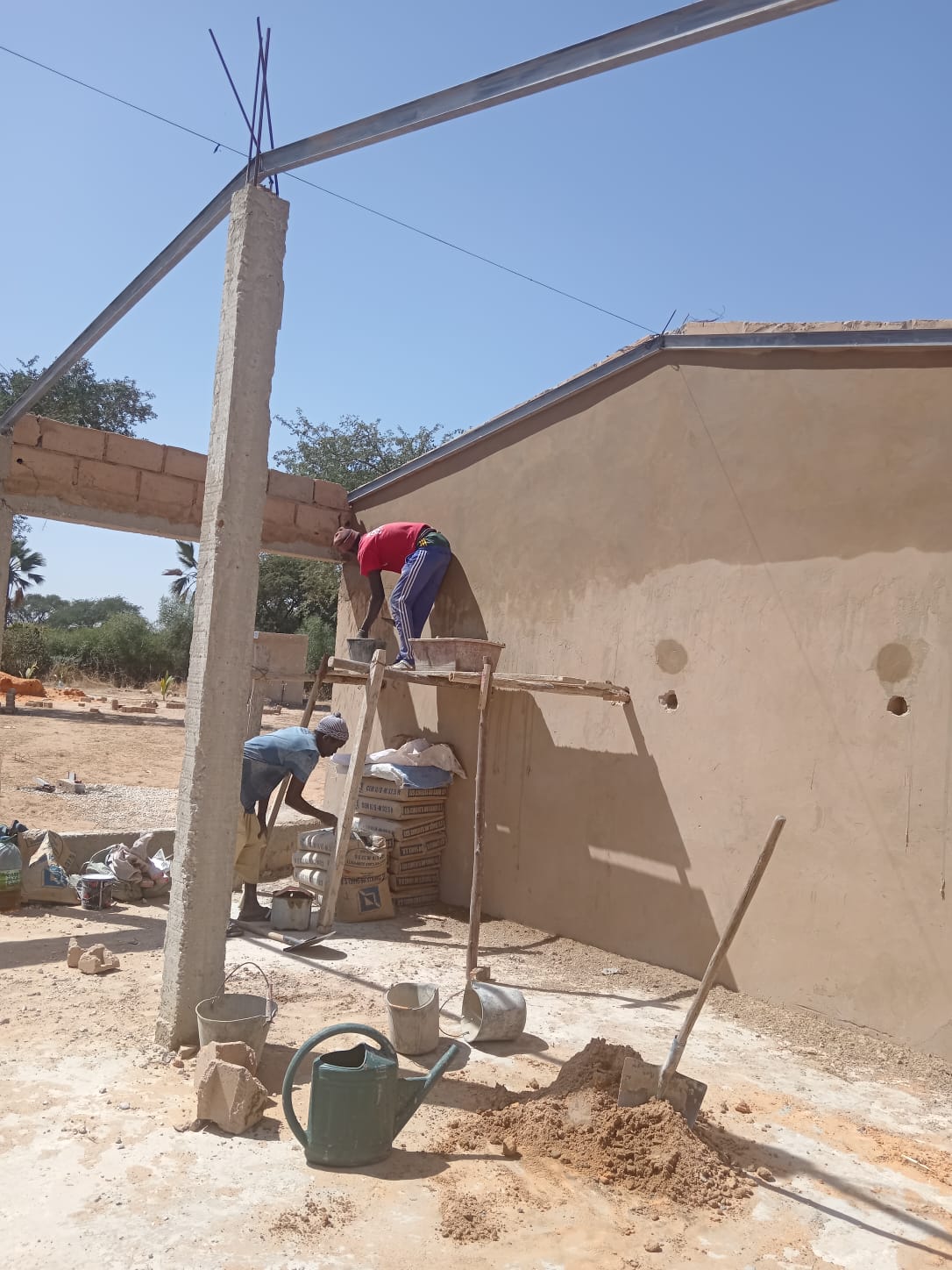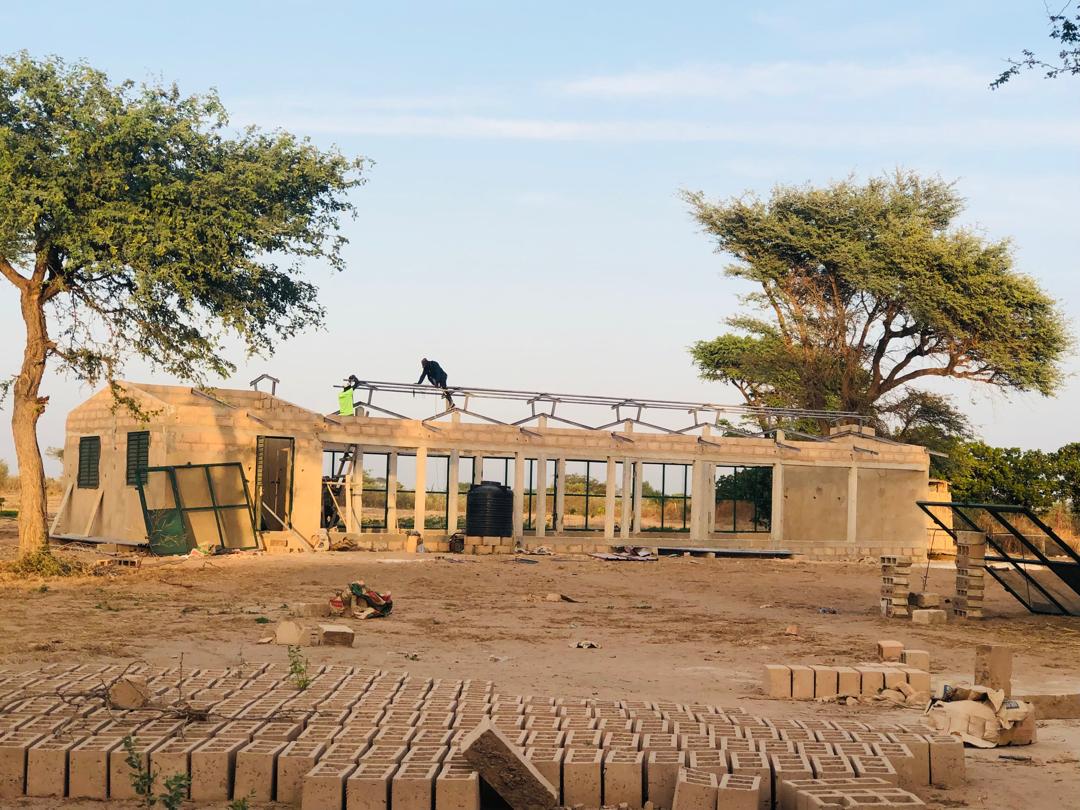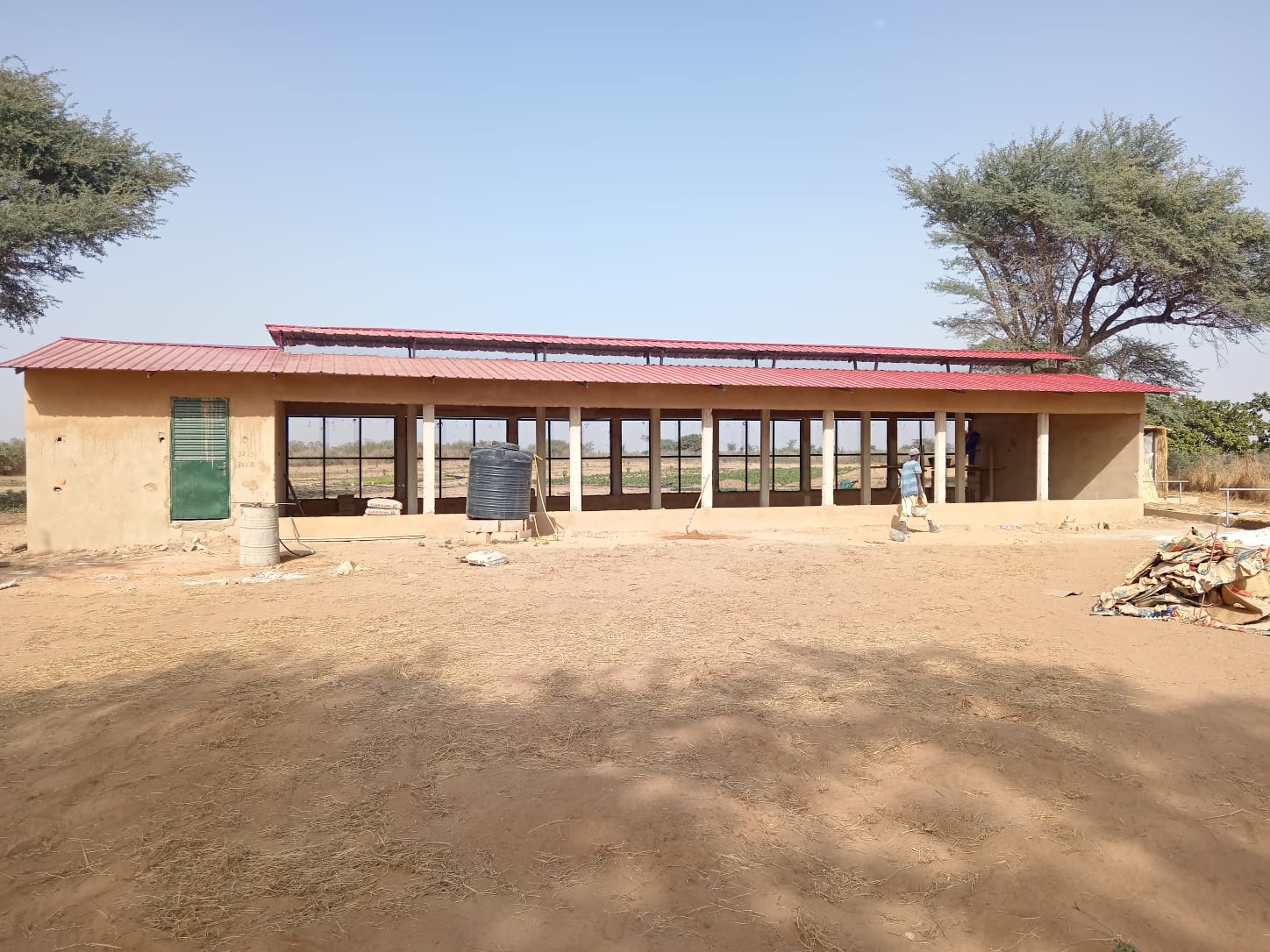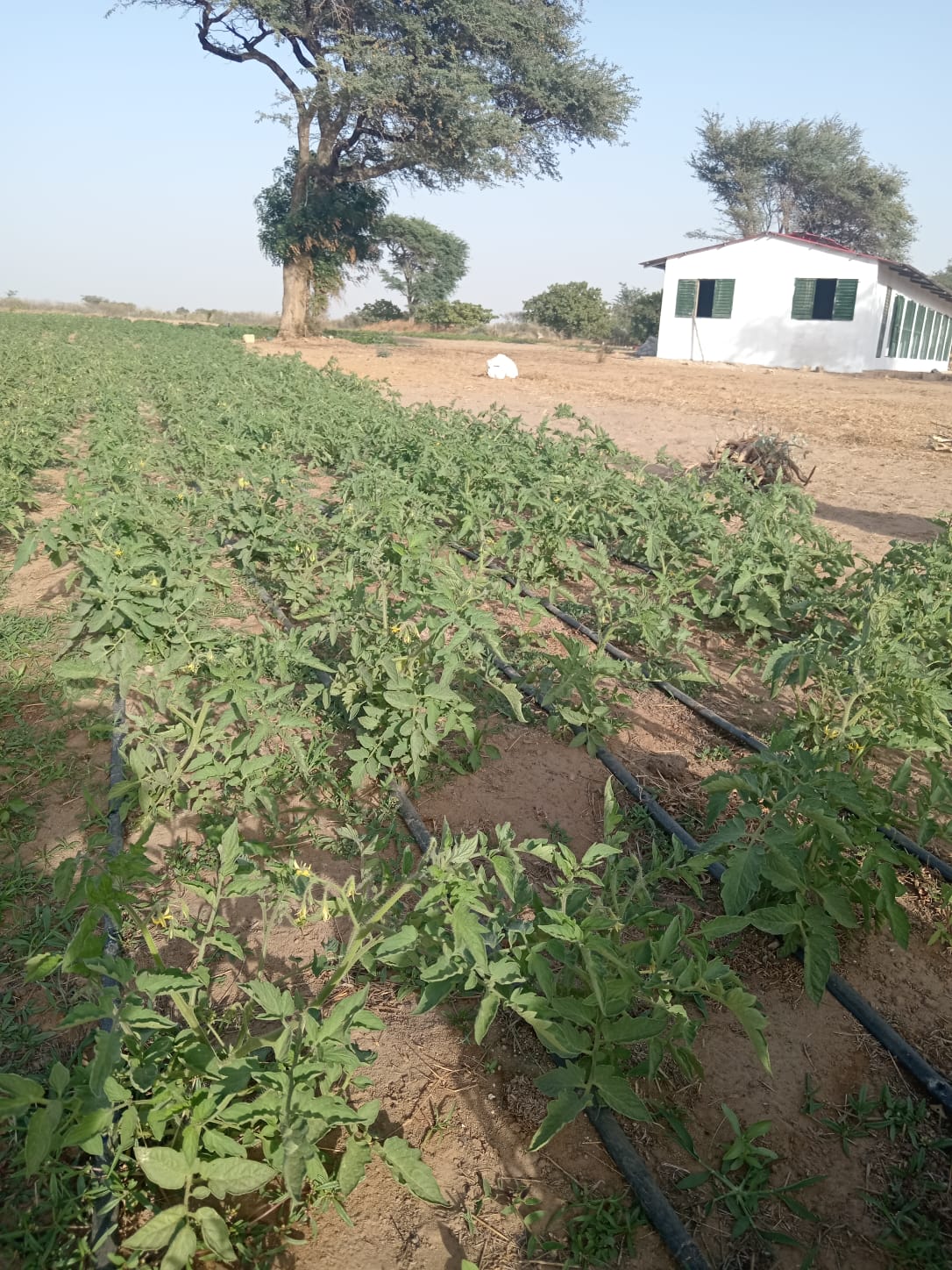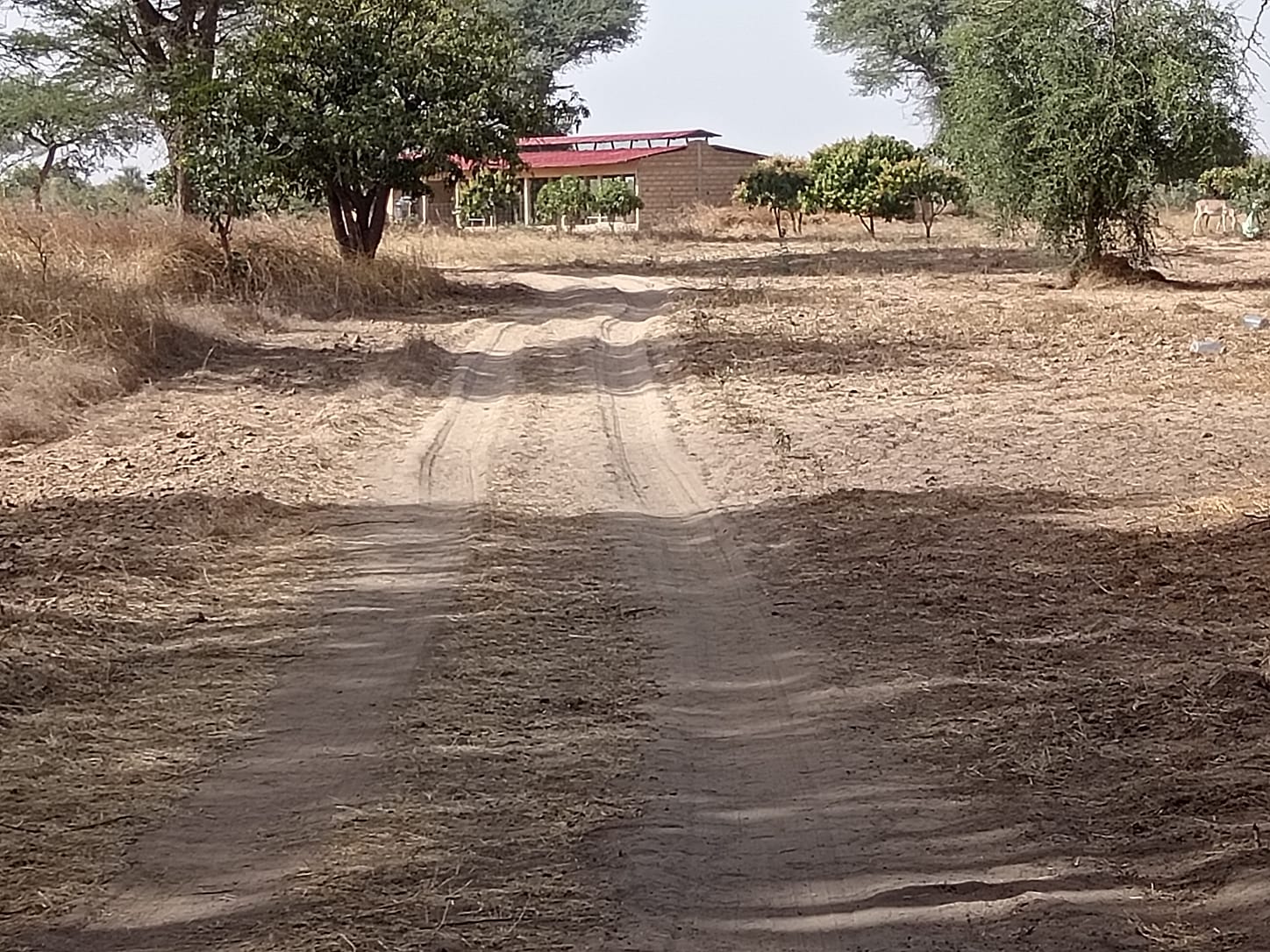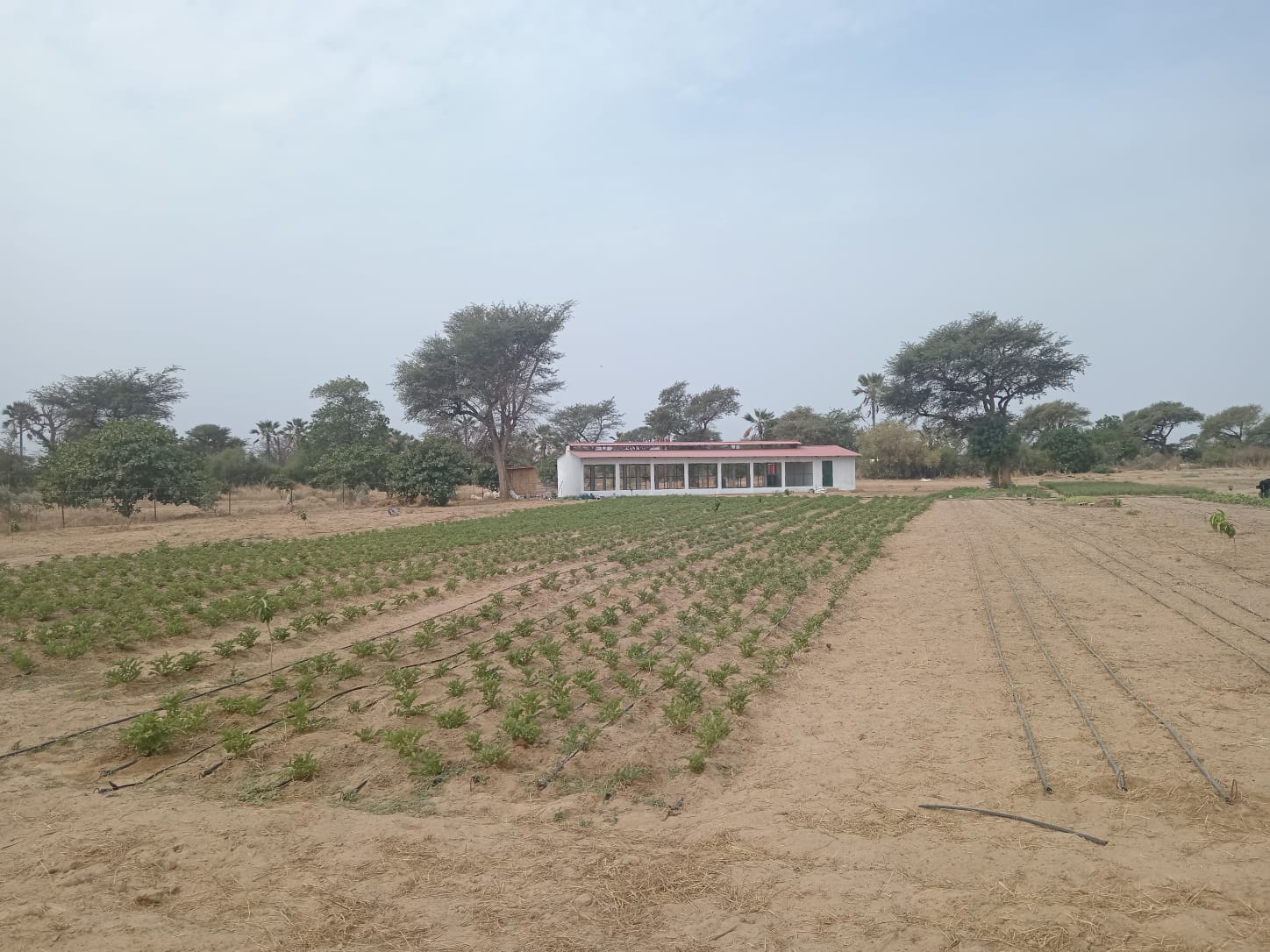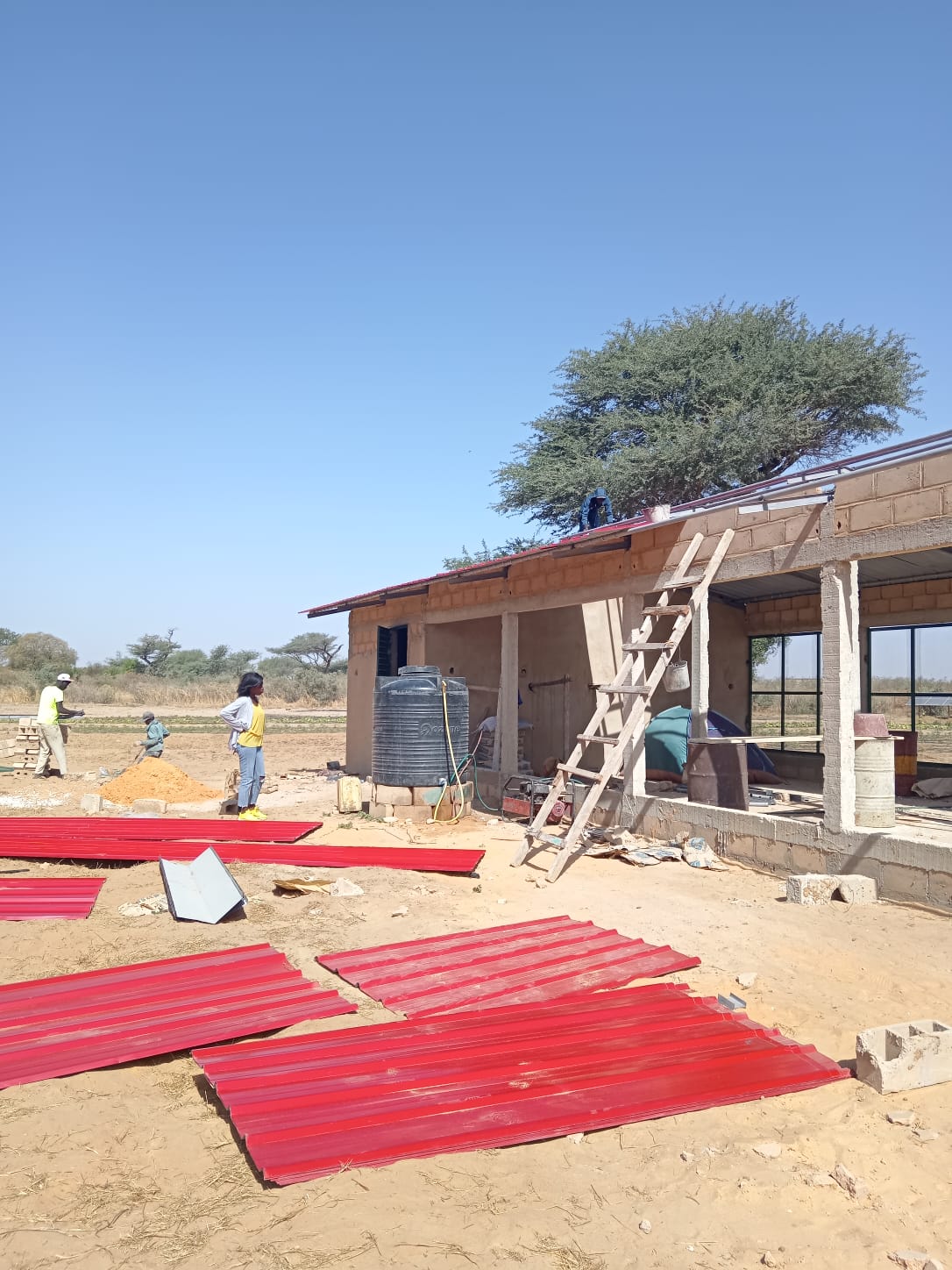Context
Senegal prioritizes food security, food sovereignty, and the promotion of sustainable and resilient agriculture and livestock farming, particularly in the context of climate change. Many rural families lack sufficient alternative income sources during periods of food scarcity, and current dietary practices do not always ensure a healthy diet. About 46.7% of the population lives below the poverty line, and 17% experience food insecurity.
The global food price crisis, exacerbated by COVID-19, climate change, and the Russia-Ukraine war, underscores the need to reduce dependence on imports. Senegal’s 2005 ban on chicken meat imports has led to a new dependency on feed and hatching eggs, whose rising costs have made chicken meat accessible only to wealthier families.
Rural poultry farming could drive economic and employment growth, creating new socio-economic opportunities for rural communities. In the municipality of Thienaba, 40 km from Dakar and home to 25,616 residents, the 2020-2023 Communal Development Plan highlights gaps in professional skills and infrastructure for modern agriculture and livestock farming. Investing in rural livestock farming is crucial to transforming it into a support system for family and community economies.
With funding from the Ottox1000 Church of Valdese and in alignment with Senegalese agroecology, reforestation, rural poultry farming projects, and the goal of fostering the economic and social development and entrepreneurial autonomy of a vulnerable group of 30 women and young people in the rural community of Thienaba, BnD proposes:
- The establishment of one poultry farming business (egg production) and one feed preparation unit incorporating innovative and sustainable practices.
- Integration of existing horticulture and poultry farming into a biological, circular, innovative, and replicable system.
- Training beneficiaries to serve as a model for youth employment in rural contexts, empowering them as process drivers, experience multipliers, and enterprise creators.
The self-production of feed, which does not compete with the population's food needs and incorporates protein from black soldier fly larvae, will introduce simple yet effective technologies to safeguard against future price speculation and enhance the nation's resilience.
Objectives
The project aims to:
- Promote the socio-economic development of women and youth in vulnerable situations by fostering food self-sufficiency and entrepreneurial empowerment.
- Improve food, nutritional, and income security through an integrated system of poultry farming, horticulture, and sustainable feed preparation.
Beneficiaries
Direct: 30 members of the GIE (Groupement d’Intérêt Économique) “Le Poulet de Thienaba,” consisting of youth and women.
Indirect: The rural community of DARAU MBOUDJ, benefiting from increased availability of affordable, safe eggs.
Key Activities
- Implementation of a sustainable poultry farming unit:
- Construction of structures for poultry farming and feed production using local resources.
- Development of an integrated biological system with existing horticulture, utilizing agricultural waste for poultry farming and poultry manure as fertilizer.
- Electrification using photovoltaic systems and water from the existing well.
- Introduction of innovative feed:
- Production of feed enriched with black soldier fly larvae, self-produced in low-cost structures.
- Integration with local flours (maize, rice) for an economically viable and nutritionally balanced solution.
- Training of beneficiaries:
- Modules on poultry management, agroecology, feed preparation, and cooperative management.
- Internships with local farmers affiliated with the National Federation of Organic Agriculture (FENAB) and Bambini nel Deserto partners.
- Continuous support from Italian experts (BEF Biosystems) and local staff.
- Commercialization and market development:
- Local sale of eggs and organic fertilizer derived from larval waste.
Expected Impact
- Improved food security through increased availability of affordable chicken and eggs.
- Economic and entrepreneurial autonomy for beneficiaries.
- Development of a replicable model of integrated and sustainable circular economy.
- Promotion of environmental and dietary best practices, strengthening the resilience of the local Senegalese market.
Expected Results
- Reduced poultry production costs through self-produced feed.
- Increased employment and skills development for youth and women.
- Creation of a scalable economic model for other rural communities.
Conclusion
The project integrates technological innovation, environmental sustainability, and social inclusion to address Senegal's food challenges, strengthen rural community resilience, and promote equitable and sustainable economic development.
Lenders
This project was carried out with the collaboration of these public body lenders or private company lenders
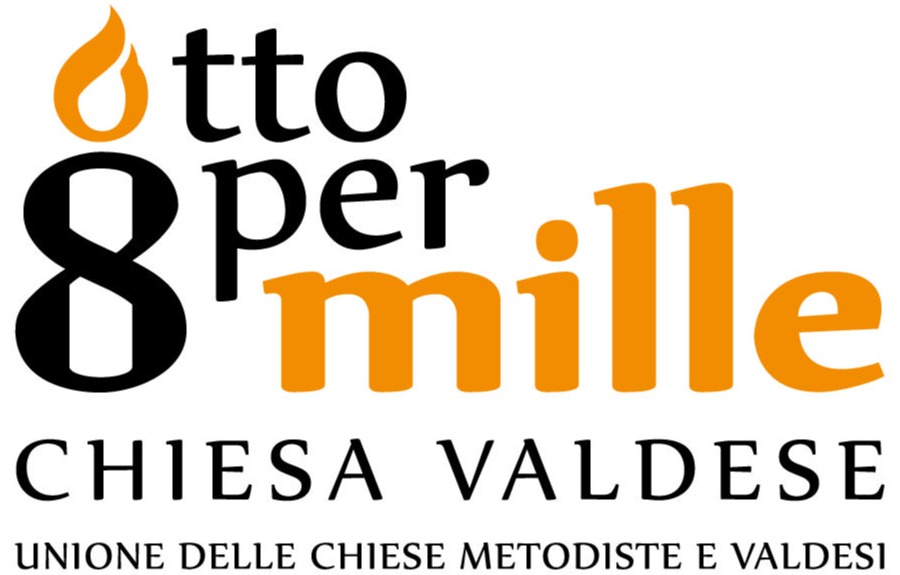 OPM TAVOLA VALDESE
OPM TAVOLA VALDESE
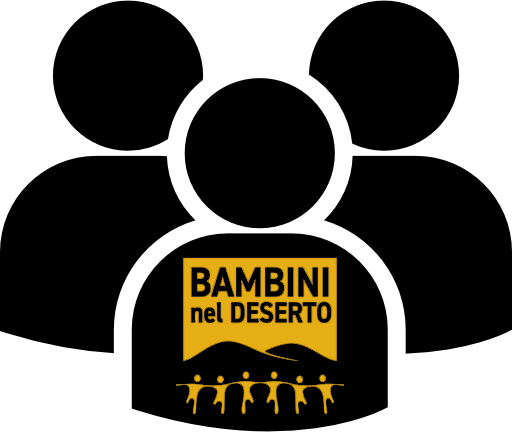 I Sostenitori di BnD
I Sostenitori di BnD
